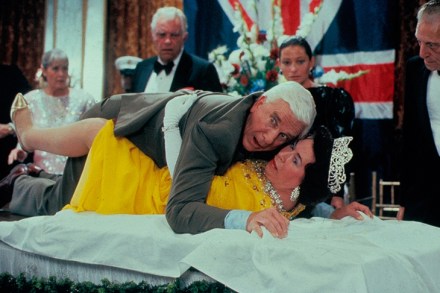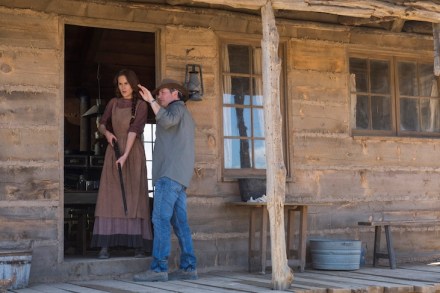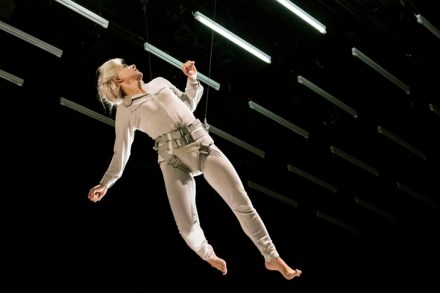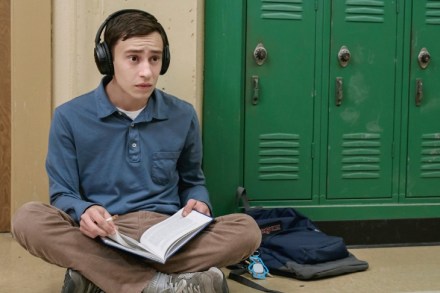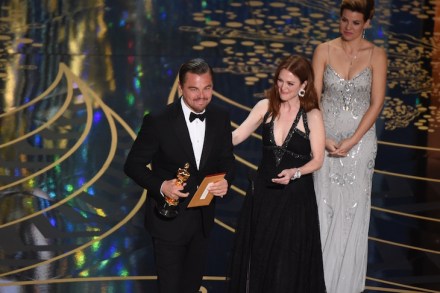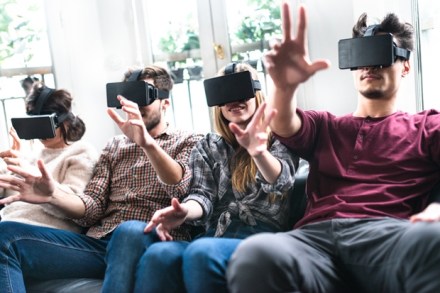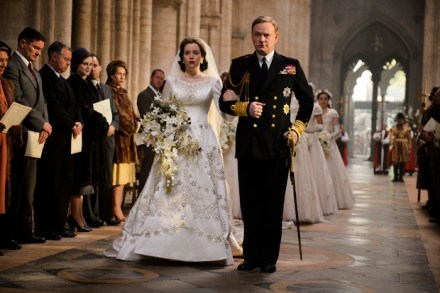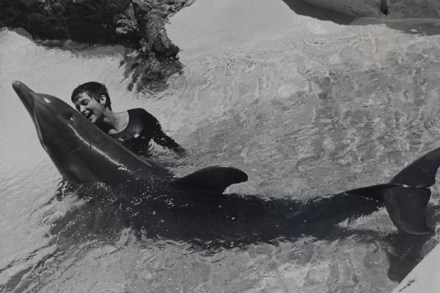Disliking Blue Peter made me the man I am today
When I tell my children about my own childhood, they often express disbelief about how wretched it was. No Xbox? No YouTube? No Snapchat? What on earth did I do with myself? But the thing they cannot get their heads around is that I had only three television channels to choose from. They live in a world in which practically every TV series ever made is available at the click of a mouse —and because they’ve always lived in that world they have no trouble navigating the dizzying array. They binge on certain shows — Merlin, Modern Family, The IT Crowd — and dip in and out of others, but



